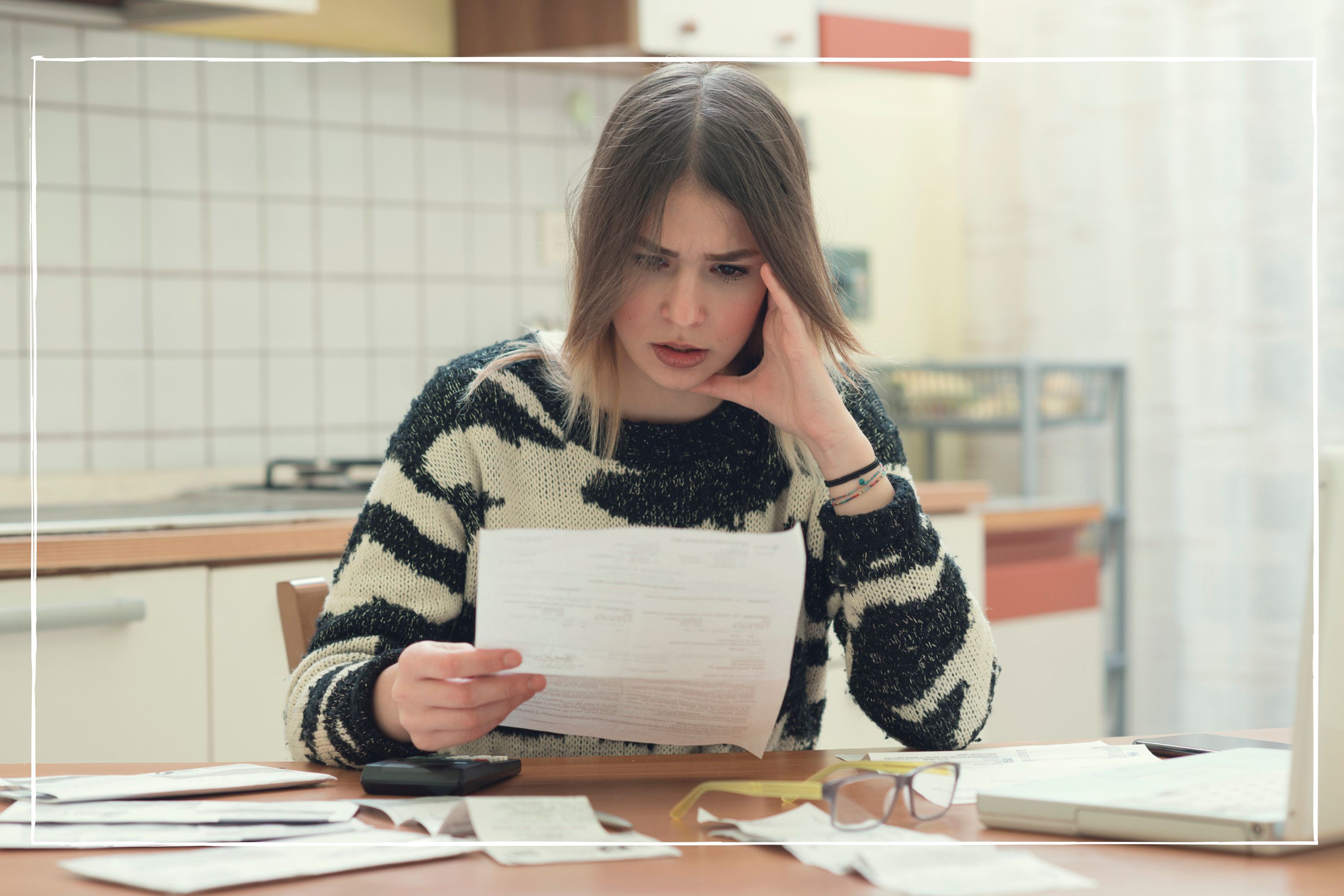What qualifies for council tax reduction? Eligible circumstances explained
It’s important to understand what qualifies for council tax reduction with money tight for millions of households


Knowing what qualifies for council tax reduction is vital for households that are struggling to make ends meet as a result of the cost-of-living crisis.
Although a £150 council tax rebate was paid by the government to help ease the cost, the rebate only applied to those in the lowest council tax bands of A to D, meaning that many households will lose out. Struggling households will also be concerned about council tax going up again when the new tax year starts.
If you find that you can't afford your council tax, fortunately, there are ways to lower your bill, including checking whether you are eligible for a council tax reduction (check out Martin Lewis' top tips to reduce your council tax bill).
Scott Nelson, founder of MoneyNerd, told us: “With the current costs of living on the rise, getting a council tax reduction may help with affordability and your financial situation. Council tax reduction (CTR) is a scheme put in place by the government to assist those that are on a low income. This limit is determined by the government, and you will have to hit certain criteria financially to be able to apply for a council tax reduction.”
What qualifies for council tax reduction?
There’s a range of circumstances that qualify for a council tax reduction, yet thousands of people are believed to be missing out on these valuable savings. You might qualify for a small reduction, or you could find you’re completely exempt.
According to gov.uk figures, as of 13 September 2021, there were 8.6 million homes that received either a reduction or a premium (where they had to pay more) on their council tax. Of these, 8.2 million residences were entitled to a discount because they were occupied by single adults. Additionally, there were 660,000 homes exempt from paying council tax altogether which was an increase of 9,000 from the year before.
When it comes to how council tax is calculated, it assumes that two adults live in the property as their main home. But if you are the only adult in your home, you’ll qualify for at least a 25% council tax reduction, known as the single-person discount.
Parenting advice, hot topics, best buys and family finance tips delivered straight to your inbox.
When considering how many adults live in your home, bear in mind that some people are not counted. Joseph Seager of thriftychap.com explains: “Certain groups of people are ‘disregarded’. You can receive a 50% discount if everyone living in your household falls in one of these categories. If everyone in your household is a student or severely mentally impaired, you can receive a 100% discount.”
The list of disregarded people for council tax includes:
- Those under 18
- Young people undertaking certain apprenticeship schemes
- 18 and 19-year-olds in full-time education
- Full-time students at college or university
- 25-year-olds receiving funding from the Education and Skills Funding Agency
- Student nurses
- Those working as a foreign language assistant registered with the British Council
- Those with a severe mental impairment (they must also be claiming benefits)
- Unpaid live-in carers for someone who is not their partner, spouse or child under 18
- Diplomats.
“Other factors, such as receiving state benefits such as employment and support allowance, pension credit, universal credit, income support, or jobseeker's allowance, may also factor into whether or not you are eligible for a reduction in your council tax bill,” says Scott Nelson. “If you own a second home or holiday house, you may be eligible for an additional discount.”
If you are disabled, there is also the disabled band reduction scheme where your council tax band could be lowered to save you money. Then there’s the ‘second adult rebate’ which could apply if you live with other adults but you’re the only person responsible for paying the council tax.
How to check if you qualify for a council tax reduction
To check if you qualify for a council tax reduction, you will need to visit your local council’s website - the gov.uk website can help direct you. You can also check whether you qualify for a council tax reduction by using a benefits calculator such as Entitledto.co.uk and Turn2Us.
Tax and financial planning expert from Quilter, Shaun Moore, says: “If you think you are entitled to a discount but your current council tax bill does not show one, you should apply to your council for one as soon as possible.
“If you are entitled to a council tax reduction, you may be able to get it backdated depending on what rules apply under your local council’s policy. It is always best to enquire with your local council to see what support is available.”
Check out our guide on how to check whether you are owed a council tax refund and how to get your money back.
How to apply for a council tax reduction
To apply for a council tax reduction, follow the steps below:
- Contact your local authority and fill in a form or apply online. It’s best to do this as soon as possible. If you live with your partner, only one of you needs to apply.
- If you are already eligible for the Council Tax Reduction when you apply, ask whether you can get it backdated.
- Send the necessary evidence to show you qualify for the Council Tax Reduction. Your local council’s website should tell you what evidence is required, such as your income or savings statements. If you need more time to get the evidence, write ‘evidence to follow’ on your application form.
- Respond to any further requests from your local council - some might ask for additional evidence.
If you need help at any stage, give your local council a ring or speak to Citizens Advice for free.
What should you do if your circumstances change?
If your circumstances change, you might no longer qualify for a council tax reduction. On the other hand, you might qualify for even more of a discount. For this reason it’s crucial you get in touch with your local authority as soon as possible.
MoneyNerd’s Scott Nelson told us: “Like with any type of benefit or reduction, if your circumstances change - better or worse - you must inform your local council. You may not receive more of a reduction on your council tax bill, but they may suggest other benefits that you’re entitled to to help with the cost of living.”
If you’re struggling to pay your council tax, talk to your local council as soon as possible as they might be able to offer a revised repayment plan. Failing to pay council tax can have serious repercussions so it’s vital you get in touch with your local authority to discuss your options.

Mum of two, Rachel is a freelance personal finance journalist who has been writing about everything from mortgages to car insurance for over a decade. Having previously worked at Shares Magazine, where she specialised in small-cap stocks, Rachel developed a passion for consumer finance and saving money when she moved to lovemoney.com. She later spent more than 8 years as an editor at price comparison site MoneySuperMarket, often acting as spokesperson. Rachel went freelance in 2020, just as the pandemic hit, and has since written for numerous websites and national newspapers, including The Mail on Sunday, The Observer, The Sun and Forbes. She is passionate about helping families become more confident with their finances, giving them the tools they need to take control of their money and make savings. In her spare time, Rachel is a keen traveller and baker.